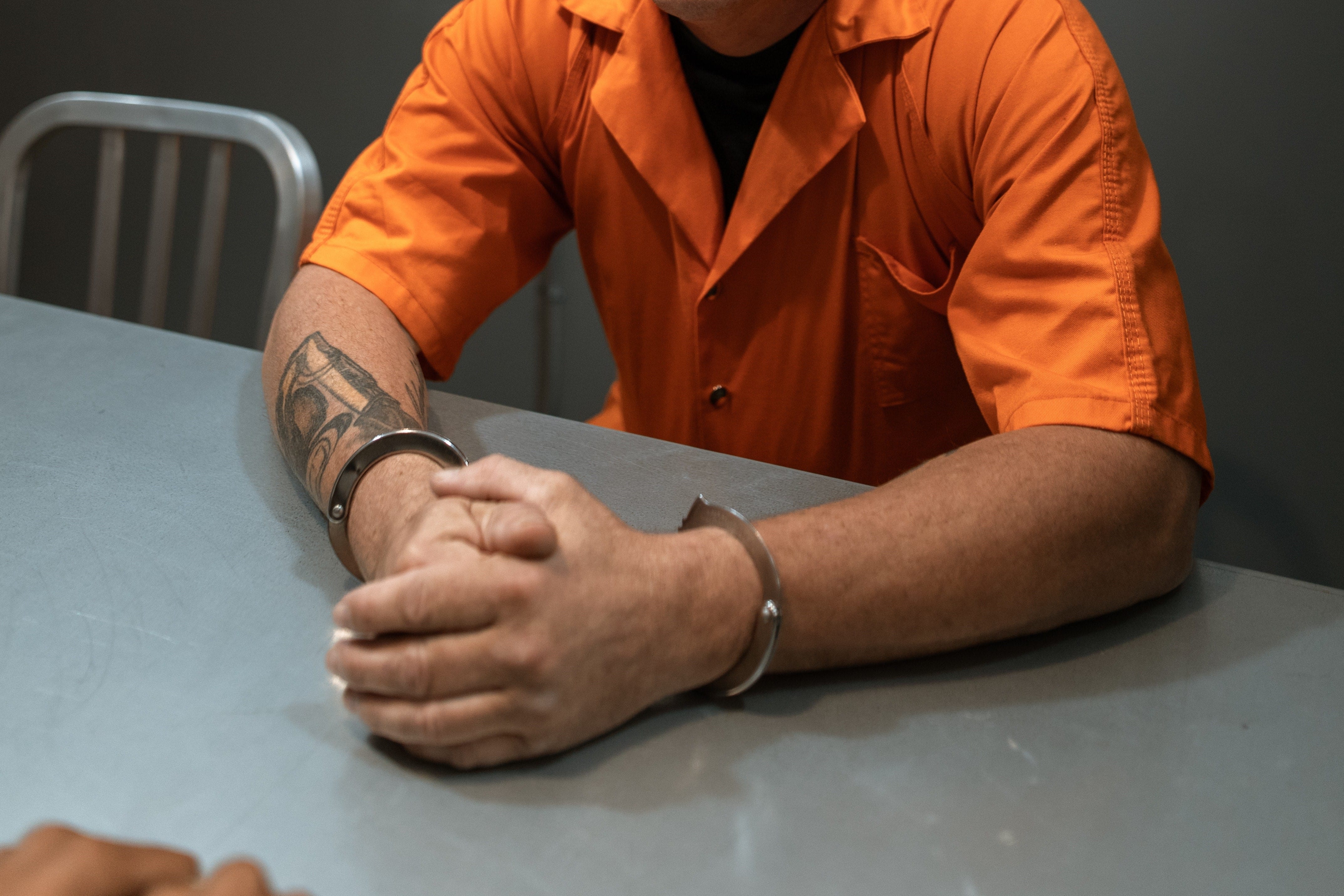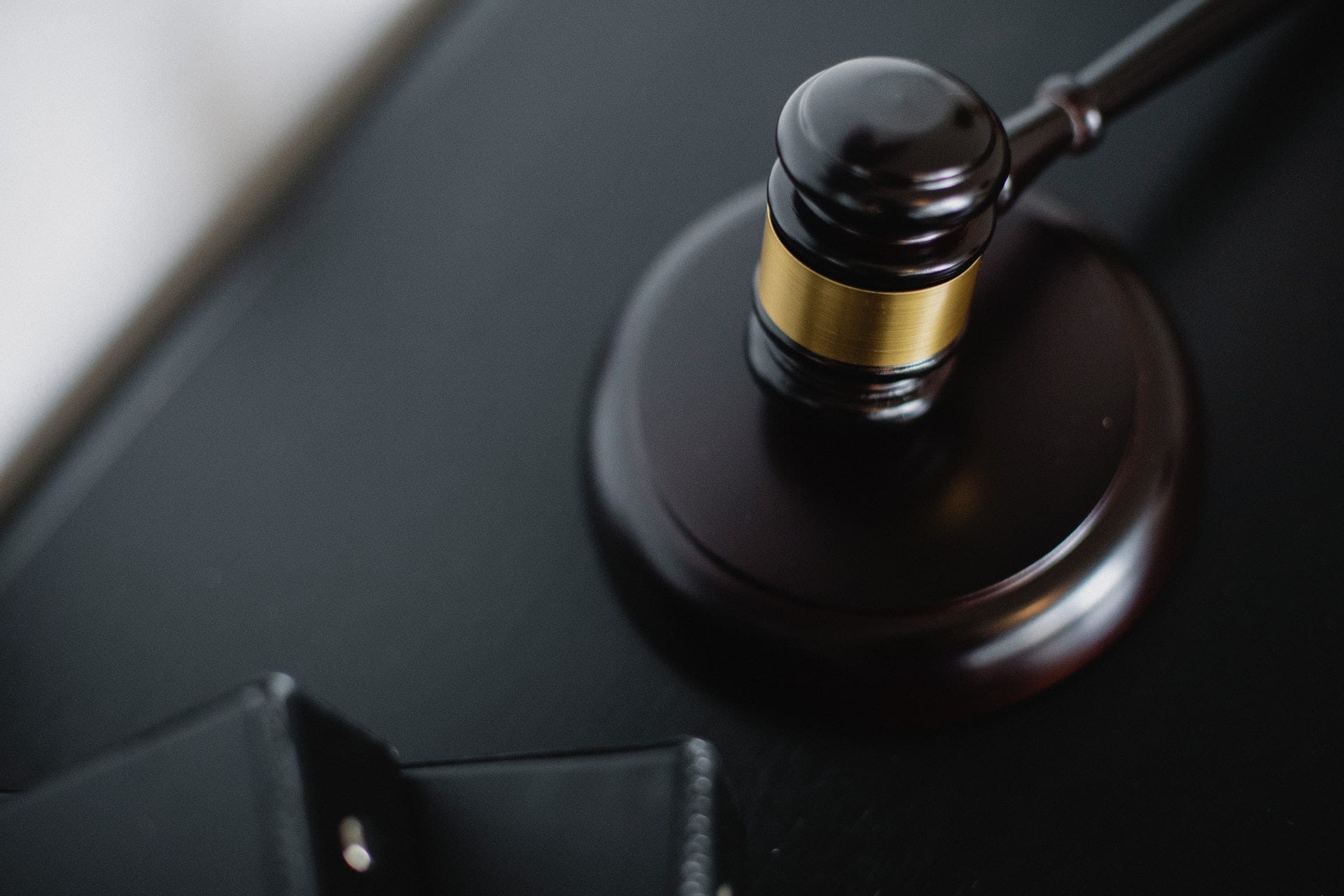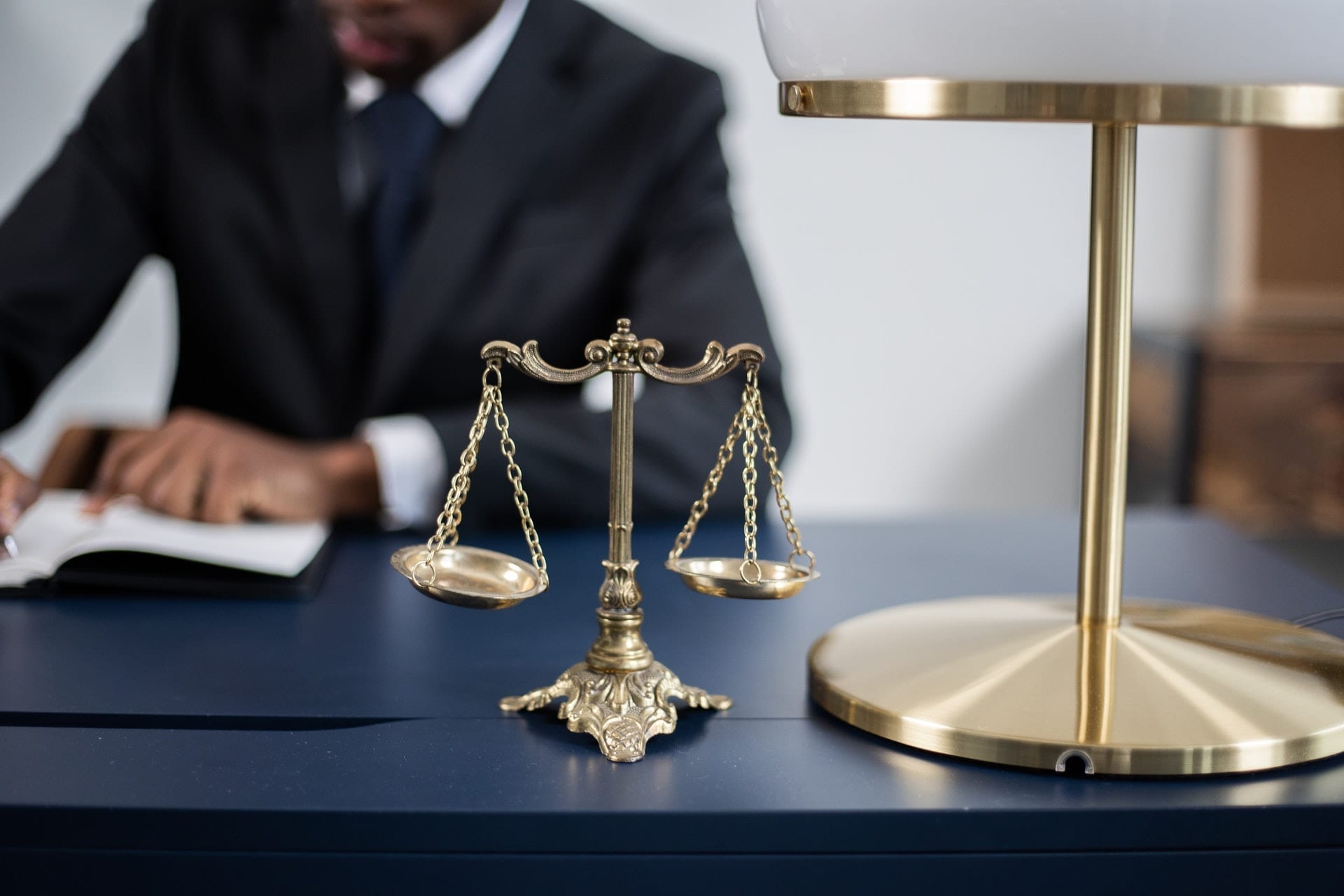Parole is a conditional release for prisoners. The laws vary by state and within the federal system. However, the concept is the same: someone gets released from prison before the end of their sentence and must follow strict rules or risk going back to prison. Within the parole system, there are different types of parole.
What different types of parole are there?
Parole types can vary between different locales, state and federal systems. But overall, there are three main types of parole:
- Mandatory. This is known commonly as the “good time” system. A prison system will reward prisoners with time off of their sentence. For example, an incarcerated person who has one week of good behavior might get two days off of their sentence. Once they reach the end of their sentence minus the days off for “good time,” a currently incarcerated person can get out on parole.
- Discretionary. This is when an incarcerated person goes in front of a parole board before their parole date and gets granted parole. These decisions are completely up to the parole board. They typically award discretionary parole to model prisoners.
- Expiatory. If an incarcerated person has completed all of their sentence in prison with no time off for “good time,” they will get expiatory parole.

Is parole the same thing as probation?
No. These terms are commonly used in place of each other. But they are not the same. Parole is an early release from a prison sentence. Probation, on the other hand, occurs when a prison sentence is suspended.
What are the usual conditions of parole?
Parole comes with many conditions. These conditions vary greatly depending on your crime and your behavior in prison. They also change depending on where you were convicted and in which system. However, there are some common conditions that usually apply to parole.
If you are on parole, you must usually
- keep a job and a home,
- not use drugs or alcohol,
- report to a parole officer regularly,
- not leave a certain area without permission,
- go to drug or alcohol recovery meetings,
- not engage in criminal activity,
- not contact any victims of your crime.
These are far from the only conditions of parole but they are the most common. You may get other, more specific conditions.
What happens if you break conditions of parole?
If you break the conditions of your parole, you will be given a parole violation. Not all violations will send you back to prison or to jail. Minor violations, such as using alcohol, may simply require more alcohol-related treatment. However, the worst you’ll face is serving your whole sentence in prison.

If you violate parole, your parole officer might request a parole hearing. At this hearing, a judge or a board will hear your alleged violation. They will take the circumstances of your violation into consideration. Then, they will decide how to resolve it. This could come in the form of a punishment or more conditions on your parole.
The Takeaway:
Parole is a kind of conditional release from a prison sentence. It is not the same thing as probation. There are three main types of parole—mandatory, discretionary and expiatory. A parole board can attach many different conditions to your parole. But some are more common than others. If you violate your parole, you could get sent back to prison.






